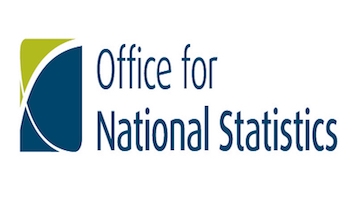The Consumer Prices Index (CPI) 12-month inflation rate crept up to 3% in September from 2.9% in August - the highest rate since March 2012.
The Consumer Prices Index including owner occupiers’ housing costs (CPIH) 12-month inflation rate was
2.8% in September 2017, up from 2.7% in August 2017; it was last higher in March 2012.
ONS said the main contributors to the increase in the CPI rate were rising prices for food and recreational goods, along
with transport costs, which fell by less than they did a year ago. However, the CPIH rate, which includes housing costs, rose due to the impact of higher housing costs.
ONS says that CPIH is the most comprehensive measure of inflation as it extends the CPI rate to include a measure of the costs
associated with owning, maintaining and living at home, known as owner occupiers’ housing costs , along with Council Tax. Both of these are significant expenses for many households and are not included in the CPI, says ONS.
The rate of inflation is now significantly higher than the Bank of England target rate of 2%.
The increase in CPI was partially offset by downward contributions from a range of goods and services,
in particular clothing prices, which rose by less than they did a year ago.
State pension payments from next April 2018 will rise in line with September's CPI and business rates will go up by September's Retail Prices Index (RPI) of 3.9%.
Unless Chancellor Philip Hammond changes the pension “triple lock” in his Budget next month, the basic state pension will rise next April by September’s CPI, earnings growth or 2.5% whichever is the highest.

